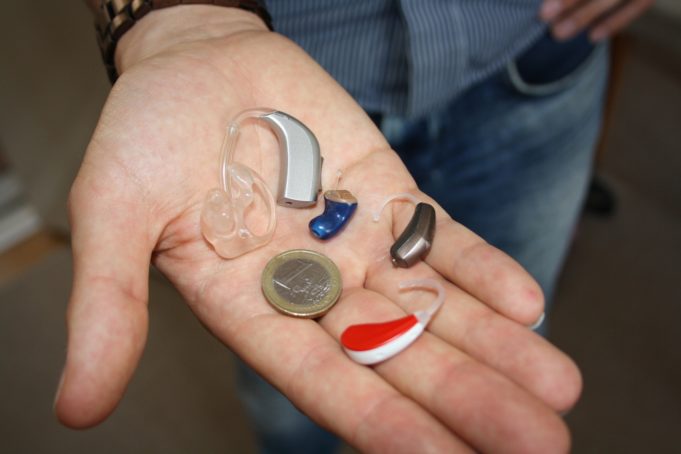Hearing aids help millions of Americans to correct their hearing loss. The variety of styles and types available allows you to choose one that suits your lifestyle and helps you live a high-quality life. Research even suggests that hearing aids can delay the onset of dementia and keep loneliness at bay.
Here’s our list of the things you need to know before getting a hearing aid.
What is a hearing aid?
Hearing aids are small devices worn on the user’s ear or inserted into the ear canal to help with hearing. These devices allow customization to suit all types of hearing loss. They consist of a microphone, speaker, and amplifier that are powered by a battery.
Do I need a hearing aid?
If your hearing test results show hearing loss, your doctor could recommend using a hearing aid.
How do hearing aids work?
Hearing aids work on the principle of amplifying sound that goes into the ear. The brain receives this amplified sound via the auditory nerve. Many of the newer hearing aid devices use wireless and telecoil technology. While wireless tech allows you to use a device in each ear as a complete hearing system, telecoils can improve hearing in areas with increased noise. Some devices also offer Bluetooth connectivity and allow sound streaming from smartphones.
What are the types of hearing aids?
Hearing aids can fall into two main groups; Ones that fit within the ear (ITE) or over the ear (OTE). While they vary in design and costs, the ITE devices tend to be more discreet than bulky OTE devices.
Where can I get one?
You can purchase a hearing aid online as well as at audiology and hearing clinics nationwide. Your hearing aid could be personalized for your ear, depending on your budget, level of hearing loss, and preferences.
Does insurance cover hearing aids?
Health insurance plans generally do not cover the cost of hearing aids, and most adults pay for them out-of-pocket. While some insurers do cover hearing aids for children, some could offer a discount on purchasing a device for adults.
Armed with all this information, choosing the best hearing aid for you shouldn’t be a challenge.











